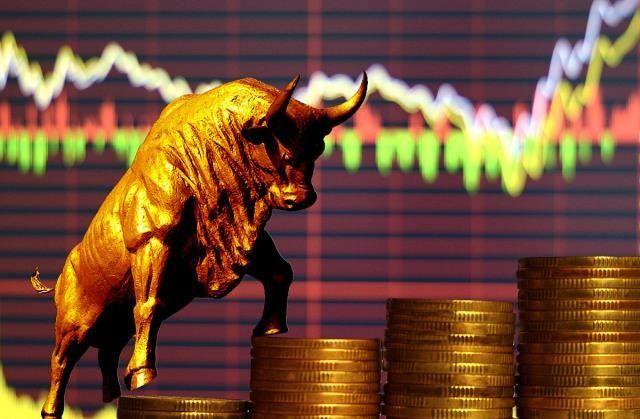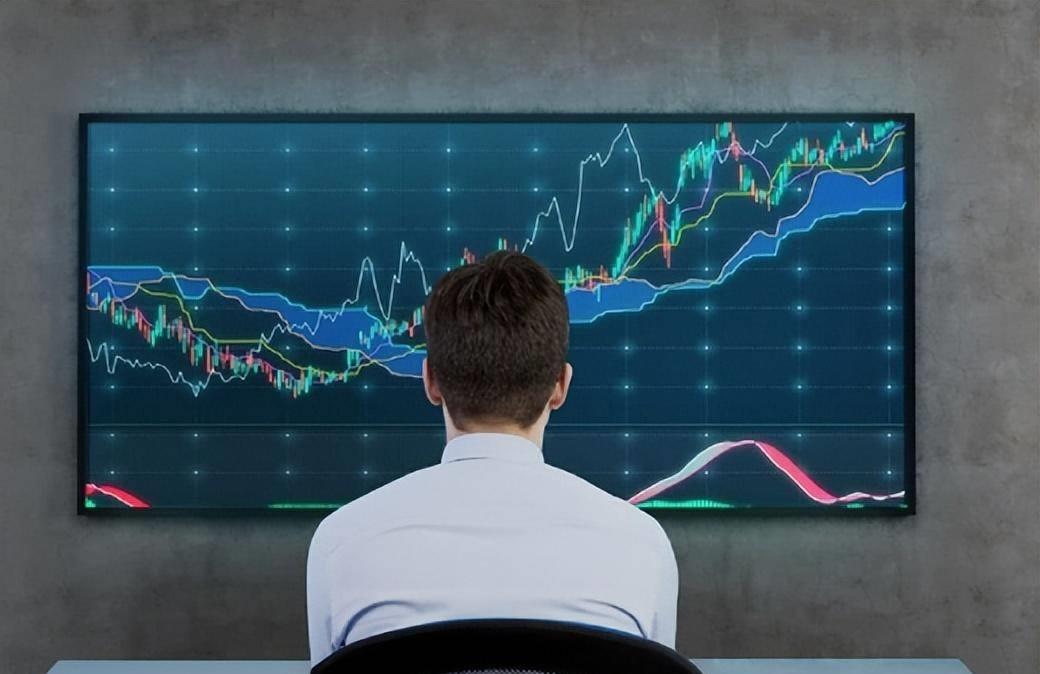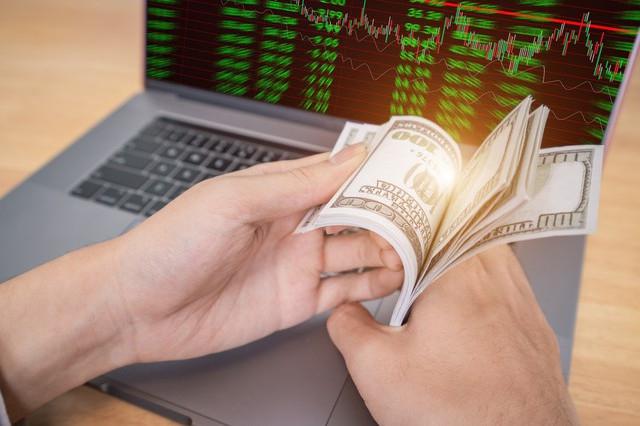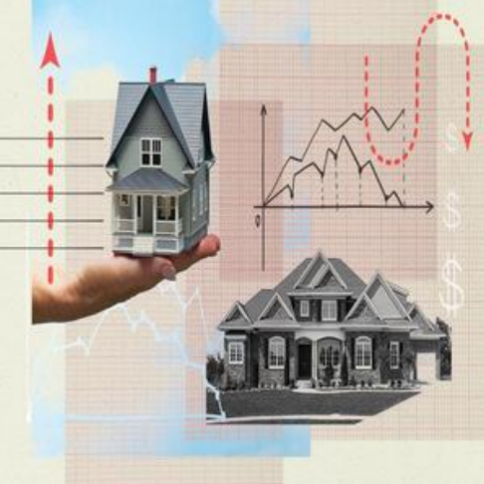In this turbulent spring, American retail investors seem to have collectively wound themselves up. They are not out enjoying the sunshine in the suburbs, nor are they leisurely flipping through newspapers at home. Instead, under a looming "financial cloud," they are rushing into the stock market like a group of fearless surfers diving into the waves at the most turbulent moment, determined to ride out the storm. Meanwhile, many suit-wearing, high-salaried, Ivy League-trained professional investors are huddled in safe harbours, frowning deeply. Donald Trump has just thrown out a political smokescreen called "reciprocal tariffs," sending the stock market tumbling and raising alarm bells. But amid this financial storm, the retail investors-often dubbed "cannon fodder"— have taken on the role of hunters, buying up stocks frantically— and doing so in "historic" volumes. Their decision may well resemble a gamble with fate.

But, they are not blindly charging into the market; rather, they are drawing on decades of market experience. These investors have stood at the "eye of the storm" before. During the COVID-19 pandemic, they entered the market at its lowest point with extraordinary courage, and their judgment then proved right. Over the past five years, the bravery of retail investors has indeed brought rewards. And this time, they still believe in their choice because they know that the historical trend of the U.S. stock market shows a clear preference for rising rather than falling. In simple terms, the market tends to rise with stronger momentum and for longer durations. Even so, the risks underlying this behaviour cannot be ignored. Given the current market environment, whether retail investor confidence can continue to support the stock market's rise remains a major unknown. After all, Trump's tariff policies have introduced unprecedented uncertainty into the market, deeply shaking the confidence of many professional investors and filling them with dread.

Compared to the optimism of retail investors, professional investors are in a far heavier mood. Investor sentiment has dropped to historic lows, and more and more investors are considering reducing their exposure to U.S. equities at an unprecedented rate. When professional investors become so disheartened by the market, a contrarian situation often arises. At such times, some voices in the market may encourage retail investors to defy the trend and "buy the dip" like investment gurus. However, from a fundamental market perspective, such moves don't always guarantee success. Long-term U.S. Treasury bonds are performing unusually poorly. The upward room for the market is becoming increasingly narrow, and the "buy-low" opportunities for retail investors are becoming more and more elusive.
In the end, as the market fluctuates, many retail investors may find that their investments have not yielded the high returns they had expected. Market “Uncertainty" is nothing new— every investor knows that risk always comes with the territory. But this time, with Trump's tariff policy shaking market confidence, the scent of risk is particularly pungent. The goal of bringing cutting-edge American manufacturing back home may not be realised in the short term, and whether Trump's policies will be overturned by the next president remains uncertain. The resulting market volatility may not offer investors the short-term "discounted returns" they hope for. So, for retail investors, the current opportunity may not be as rosy as imagined. It might be a "sweet fruit in fantasy," which, when bitten into, only reveals the sourness of a lemon. For these brave investors, what lies ahead may be an inevitable challenge-one that involves not only economic uncertainty but also changes in the very structure of the market.


Do you really know when to start investing in funds?

Selecting Insurance for Accidents, Critical Illness, and Life

How Fintech Companies Are Revolutionizing Traditional Banking

Financial Harmony: Institutionalizing Family Finances

Maximizing Your Investment Portfolio: Strategies for the Modern Investor in 2024

The Great Currency Shift: Are You Ready?

A 10-Year Finance Journey of an Office Worker
